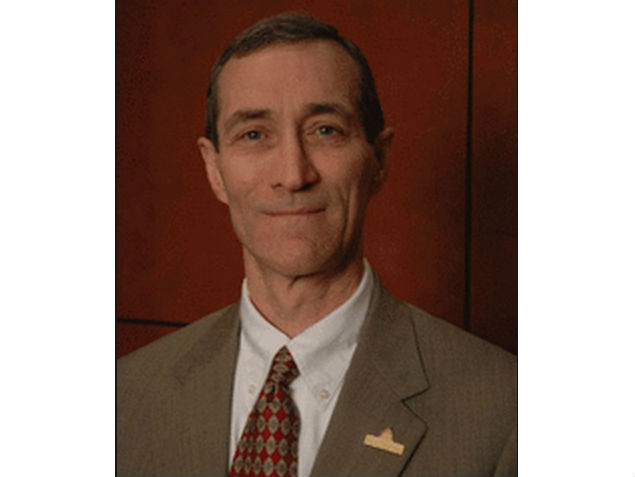ACA’s Gessner: FCC’s ISP Branding an Insult
The smarter way to stay on top of the multichannel video marketplace. Sign up below.
You are now subscribed
Your newsletter sign-up was successful

Washington, D.C. -- American Cable Association chairman Bob Gessner, president of MCTV, does not like being branded an evil operative by the FCC.
Asked why the FCC seemed to be viewing ISPs instead as “asps,” or the snakes in the virtuous circle that includes content/edge providers and consumers, Gessner was not shy about weighing in.
At the American Cable Association summit in Washington, Gessner told reporters at a press briefing that he was insulted by the way the FCC treated ISPs in its preamble to the Title II vote, basically redefining them from innovators and entrepreneurs to a threatening force that puts profits above the public interest.
He called it a cruel and intentional strategy to portray ISPs as evil. He said he has always wondered about another name for ISPs — broadband Internet access providers (BIAS), suggesting the FCC had a bias against ISPs who have been “nothing but innovators.”
He said it was cable operators who had provided competition in video, then competition in phone service, and competition in broadband, yet the FCC portrays them as evil gatekeepers.
ACA president Matt Polka said that before Title II, he had had some good discussions with FCC chairman Tom Wheeler about blackouts and lack of access to content, but that had “gone off the rails” under the FCC’s focus on the new rules.
Polka and Gessner both said they were very concerned with the possibility of rate regulation with the reclassification of ISPs as common carriers under Title II.
The smarter way to stay on top of the multichannel video marketplace. Sign up below.
Wheeler has said there will be no rate regulation under the proposal, but Republican commissioners suggest the language of the not-yet-released order leaves some wiggle room down the road.
Gessner suggested he had no confidence in the FCC’s assurances, which he likened to a “pie crust promise”: Easily made; easily broken.” He said Wheeler had signaled early on that regulating the Internet was a nonstarter. Title II, he said, was not only a starter but “a finisher.”
Polka would not commit to suing the FCC over the Title II order, particularly its failure to distinguish between the unique challenges of compliance by smaller operators. He said it continued to be an option, and added that the association was not currently planning a legal strategy in concert with any other Title II critics.
Contributing editor John Eggerton has been an editor and/or writer on media regulation, legislation and policy for over four decades, including covering the FCC, FTC, Congress, the major media trade associations, and the federal courts. In addition to Multichannel News and Broadcasting + Cable, his work has appeared in Radio World, TV Technology, TV Fax, This Week in Consumer Electronics, Variety and the Encyclopedia Britannica.

